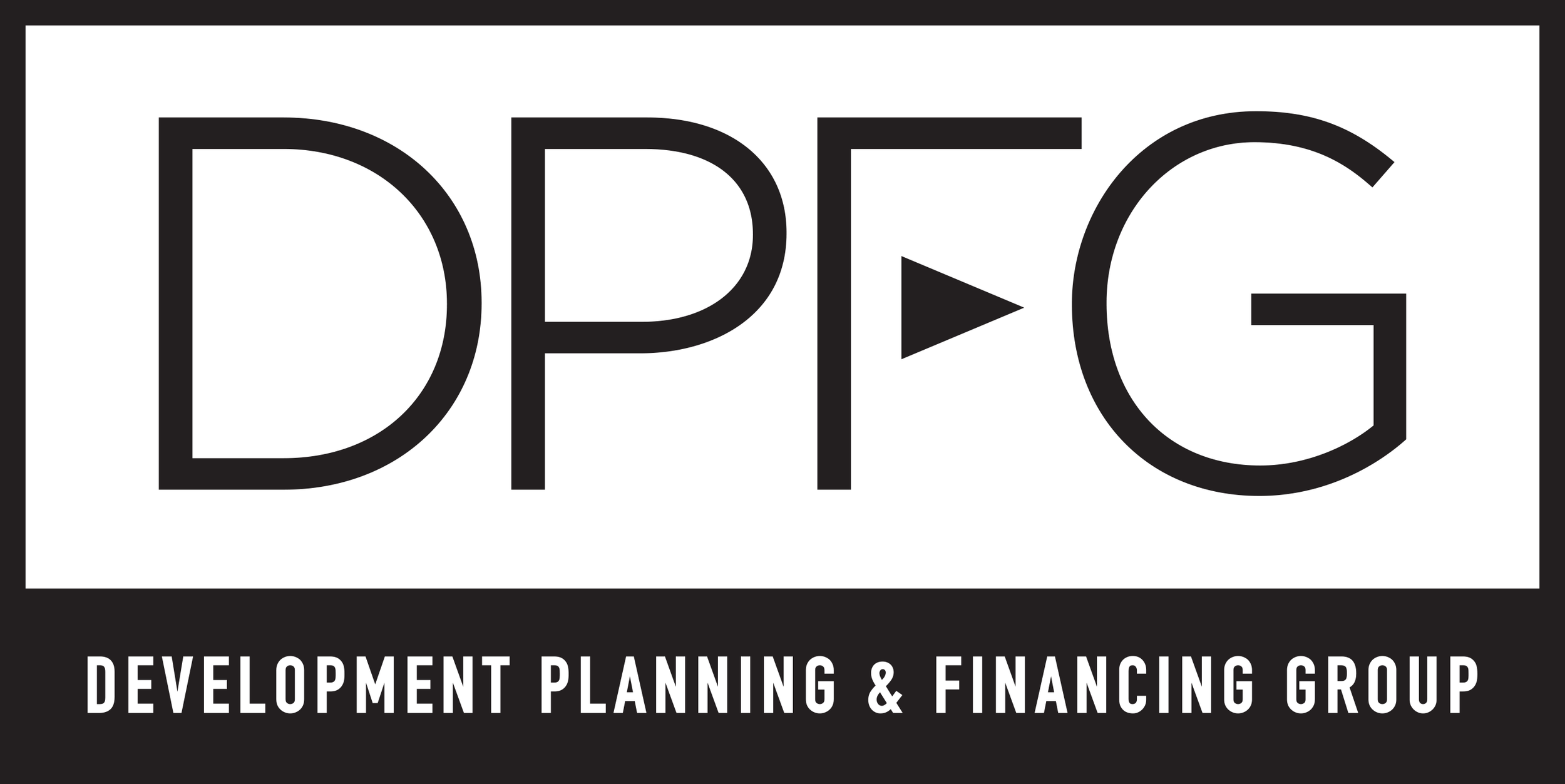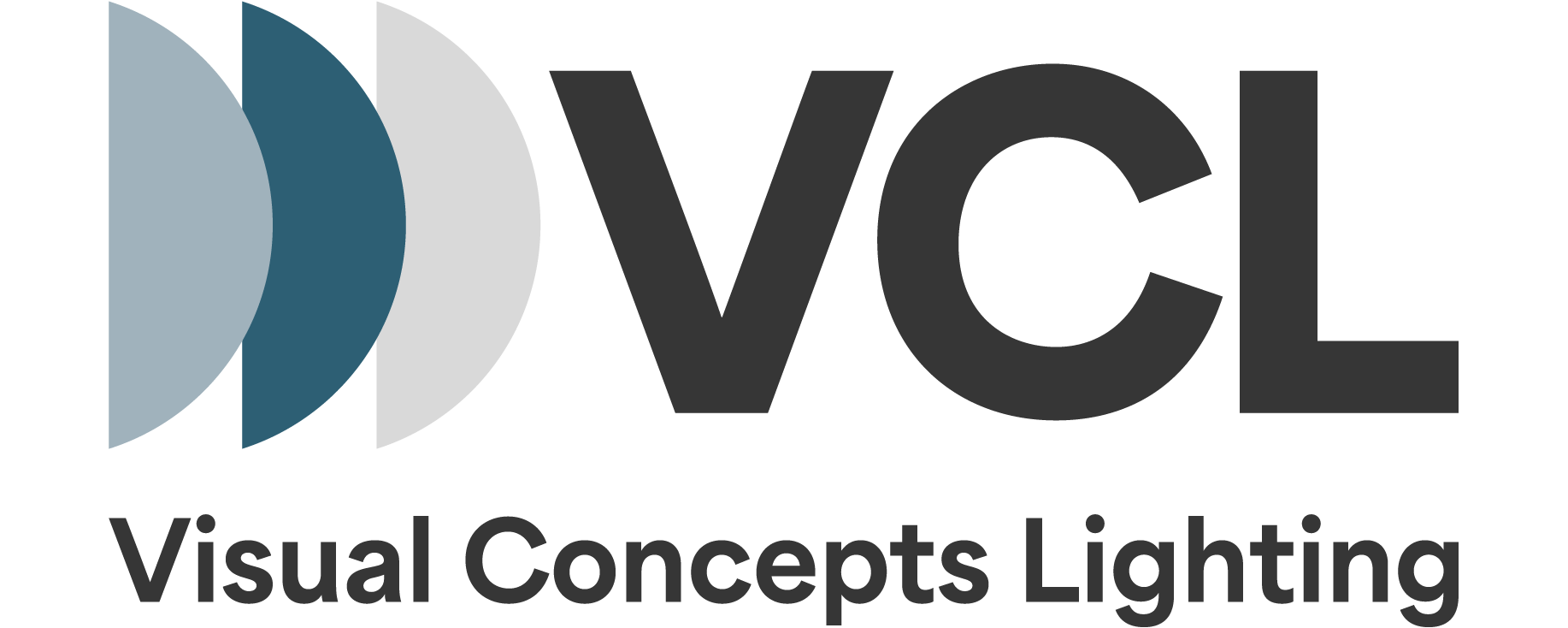by Phillip B. Burum, Executive Vice President, Diversified Pacific,
President, Building Industry Association (BIA) Baldy View Chapter
Over the past decade, the 30-year mortgage interest rate has hit and hovered at the lowest rates in history, with the lowest monthly average posting at only 3.31 percent. The days of three percent mortgages have probably gone forever but while current rates hover in the mid-four percent range, and even as they climb in the coming years up to six percent, savvy investors will be buying homes.
Owning your own home has benefits beyond measure, not only for those that live in the home, but for their neighbors as well. Study after study has shown what we all innately know, which is that owner-occupied neighborhoods have greater value than neighborhoods where the tendency is towards rental properties.
Today, we are going to put all of those benefits to the side and focus on the investment and why now is still the best time to buy a home. As noted above, mortgage interest rates have been climbing over the past several years but, with today’s average rate lingering in the 4.5 percent range, we are still a far cry from historical averages, let alone, historical highs.
If an individual has insights to the financial markets that make them certain that rates will be falling in the next several months, that person should trust their information and follow their specific knowledge. However, not many of us have the insider information or the absolute confidence that we know specifically where interest rates will be in twelve months. For those of us who fall into the latter category, you only need to follow the math and look at trends.
Historical trends indicate that mortgage rates will continue to trend upward, ultimately settling in the six- to eight percent range. There have been periods of unusual activity, such as the early 1970’s through the early 1990’s where rates averaged over 11 percent with spikes as high as 16 percent and the last ten years have been the extreme opposite with rates averaging only four percent. Even with those unusual periods, the average mortgage rate over the past 70 years has been about eight percent. If you pull out the anomaly years of extreme highs and extreme lows, the average falls in the low seven percent range. All of the above indicate that mortgage interest rates are likely to continue to climb over the coming years and that should not matter to you. What matters is the value of the investment and if you follow me for a few extra moments, you will understand that it is almost always a great time to buy a home.
Since the data has been reliably collected and reported, beginning in the 1950’s, home values nationally have increased by an average of more than six percent annually. National and global economic conditions will reduce or increase that amount in any given year and individual markets will vary greatly as they are impacted by events and occurrences in the immediate areas. New development, new services or businesses, for example, all tend to increase values beyond regional and national averages while increased crime rates or closing of business and loss of services will tend to reduce home values outside of normal patterns.
With a reasonable expectation that home values will appreciate six percent annually, you might better understand that making the decision not to purchase a home based on a fluctuation of a half point in the interest rates is what Robert Burton meant by being penny wise and pound foolish.
The projected increase in value is all too often overlooked in the mathematical equation regarding a decision to buy. If you take on the task of calculating out the difference in monthly payments and down payment needs based on a .5 percent or even 1.0 percent rise or reduction in interest rates, when coupled with the reasonable expectation of six percent appreciation in values, you will find that waiting another year will cost you in the short and long term. All you will have to show for your delay is an extra year in that cramped apartment.
My intention this week is to illustrate the fact that moderate changes to the 30-year interest rate should not impact your decision to buy, unless the impact is to motivate you to buy sooner than later. Do your own math, research as you need to but please do not let the opportunity to own your own home pass based on the misconception that modest adjustments in the mortgage rates have a dramatic effect on the financing of your American Dream.
.
*****

































